Award winning journalist Suhasini Haidar, is a Senior Foreign Affairs Editor and prime time anchor in India’s leading 24-hr English news channel CNN-IBN, also hosting the signature show, “World View with Suhasini Haidar” .
She is also a regular columnist on Indian Foreign Policy and Strategic Issues for national dailies such as The Hindu, Business Standard & the Indian Express.
In an exclusive interview with The Kashmir Scenario, Suhasni Haidar talks to Rameez Makhdoomi.
Tell us a bit about your childhood days?
I grew up in Delhi. Those were really different days from the Delhi; my Children are growing up in. There was no metro for starters! We cycled to many places, even to school for some years. We took public buses. It probably was as unsafe as it is now, but there was less consciousness about it.
The big event of my childhood was probably the assassination of PM Indira Gandhi and the killing of Sikhs in Delhi that followed. We were all marked by the violence of those days, and I remember the big number of families, refugees in their own city who crowded into places like Lajpat Bhawan. The stories of people we knew were horrific and I remember driving through Janpath with so much of Connaught Place burnt. Our summers were spent in Bombay (as it was known then). My mother is Parsi, and we spent time with her mother and relatives there, also Bangalore where my father’s family lived. Both cities have changed significantly from my childhood, Bangalore perhaps more than Bombay. Trains had a big part in our childhood: games my sister and I would play on the long journeys—24 hours to Bombay, 2 days to Bangalore, even longer to Chennai. Trains and books dominated our childhood days : my mother ensured that we read a lot, all the time.
How has your academic journey been like?
I studied at a school in Delhi- Sardar Patel Vidyalaya. SPV emphasized everything but academics, and I had an interest in writing and public speaking. We didn’t do badly in studies, just that it wasn’t the main focus. The best thing about my education there was that the school’s philosophy discouraged learning by rote, and pushed original thought. I went to College at Lady Shri Ram College for Women, and did my Bachelor’s in Statistics. (I always loved mathematics). And then I went to study at Boston University in the US for a Master’s in Journalism.
What motivated you to join the world of electronic media?
I was always interested in the news, and was riveted to the possibilities of television after I saw CNN’s coverage of the gulf war- that spurred me on to apply for a degree in broadcast journalism. For my degree, I interned at CNN’s New York bureau, and worked at the United Nations. I guess there was no looking back!
Your analysis on foreign affairs especially Pakistan is quiet applauded, were you always interested in foreign affairs?
Thank you that is kind of you to say. I began my career with CNN International, working at the Delhi bureau that also covered Pakistan at the time (CNN subsequently opened its Islamabad bureau). As a result, I reported on Pakistan without the ‘lens’ of India-Pakistan relations, and I would like to think I have retained some of that approach in the years that followed. Eventually, a journalists job is to report what they see on the ground, and educate the viewer in an unbiased way.
Many Kashmiri voices fell that journalists especially from India have not been able to present the pain,expressions, life and society in a proper way. Your take?
Firstly, I think it is important not to polarize reporters into one perspective or another- Kashmiri vs. non-Kashmiri. Journalists are journalists. Kashmir was the first story I covered when I joined CNN’s Delhi bureau in 1995, and has a special place for me.
It is impossible to cover the story from the ground without being moved by the pain and suffering that the decades of violence haswrought. I do think that it is easy to forget that the situation is better than it was twenty years ago, and I think the remarkable coverage of several journalists has contributed to bringing the true picture of J&K to improve that situation. However, the relative absence of violence is not peace, and I would like to see a greater spotlight on events there in our media.
Do you plan in future some news features on Kashmir?
Aah, I would love to! As I said, Kashmir is a special story for me, and I try and take any opportunity to cover stories there. Unfortunately my current assignment means that I have less chance to.
Who have been your role-models?
Too many role-models really, but it is journalists who cover conflict that I respect especially. I believe it takes a kind of ‘junooni’ drive to get to a story and bring out the truth of the situation on the ground despite frightening violence. They do it without the protection of armed forces or militant groups, or even the safety of crowds who are at the center of the conflict. Often these journalists put their lives on the line, even though they seldom get remembered for it. In August 2000, I witnessed many journalists being seriously injured during the Residency Road bombing. Pradeep Bhatia of the Hindustan Times died right next to us. I used to follow the reporting of Sunday Times correspondent Marie Colvin, who wore an eye patch after a road mine blast in Sri Lanka blinded her in one eye. I had the privilege of meeting her in Tripoli, just before the NATO bombing in 2011, and treasure the conversation we had. She had no bravado, just a commitment to cover the story, and no regrets whatsoever. Sadly, Marie died on the next big assignment she covered, during an air-raid in the Syrian city of Homs in 2012. While it is hard for most of us to imagine putting ourselves in that kind of danger, it is impossible not to be inspired by the commitment. CNN camerawoman Margaret Moth was another inspiring person. She was shot through the face in Sarajevo in 1992, yet returned to work after she recovered. I worked with Margaret on assignment in Srinagar, and was completely in awe of her. Tragically Margaret passed away in 2010, from cancer.
How far have negative tendencies like becoming ultra-nationalists reflected in journalism in our part of the world?
I believe nationality, religion, beliefs are identities that we wear, but these can come in the way when you are covering a story. The tendencies you refer to are hardly restricted to our part of the world. However, your reader, viewer requires unbiased, uncolored reporting. I remember SanjoyHazarikas words—in times of conflict, we are human’s first, journalists next and citizens last.
What would be your message to those who aspire to become journalists?
Anyone can become a journalist so long as you can see what is happening and communicate it to your readers and viewers. Yet very few actually do. Aspire to be the kind of journalist who sees it as a public service more than a paid profession. The rewards are many.

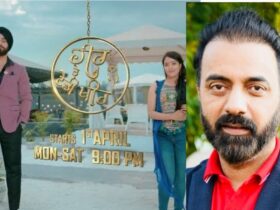
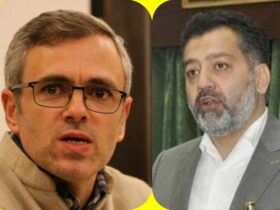
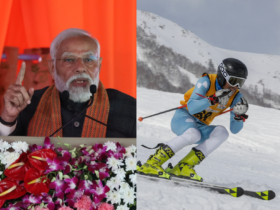
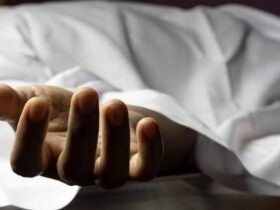
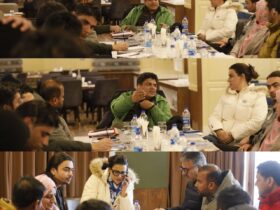
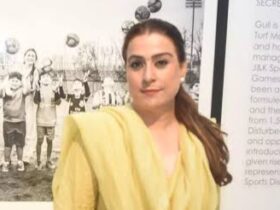
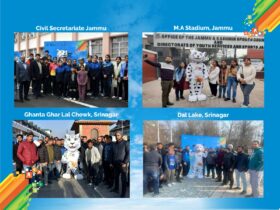
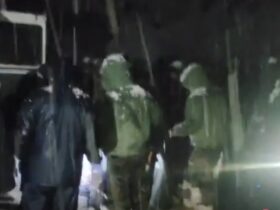
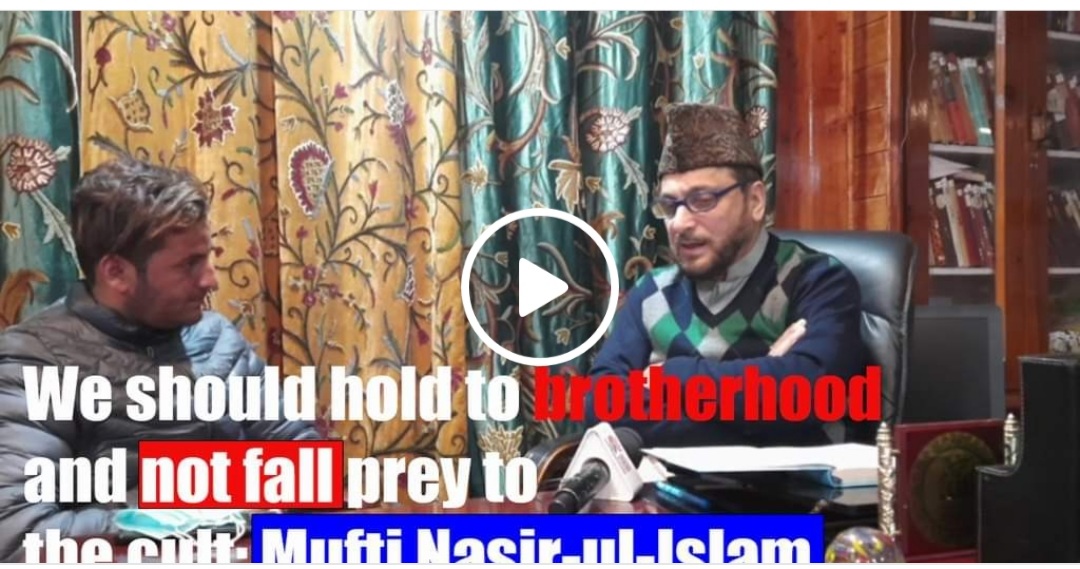
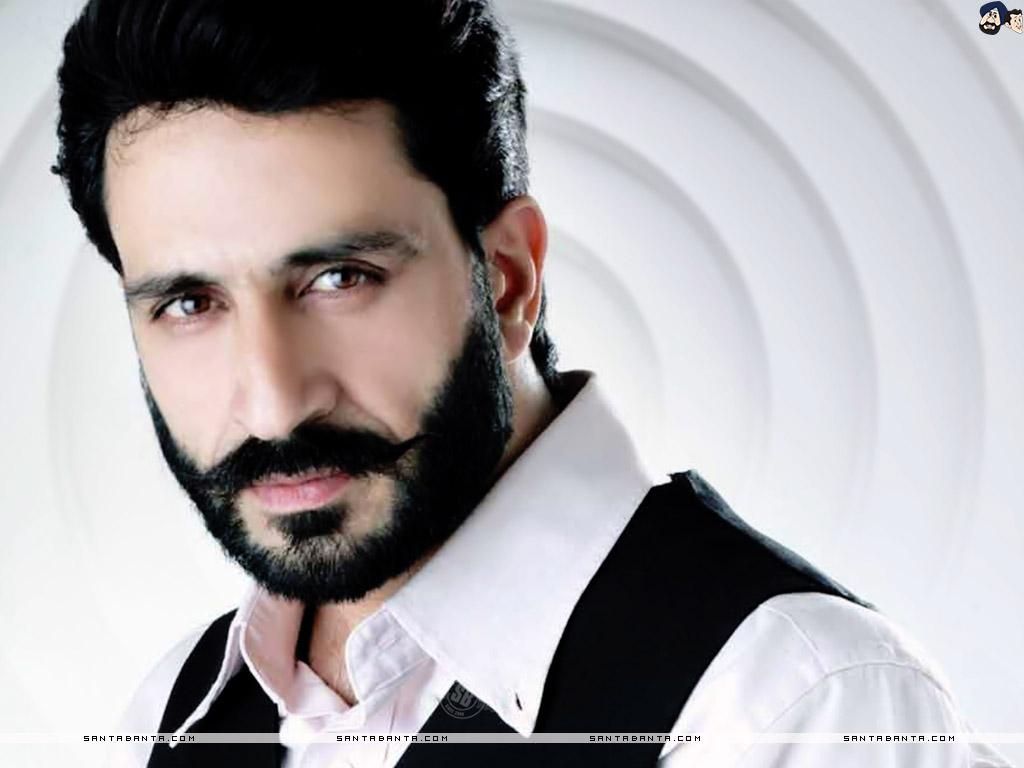
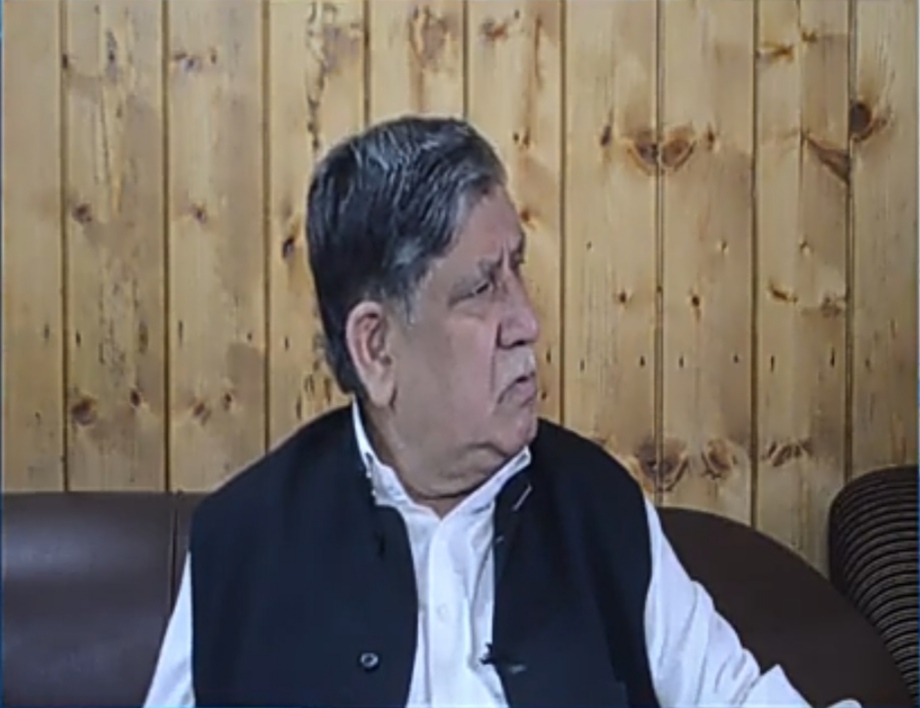
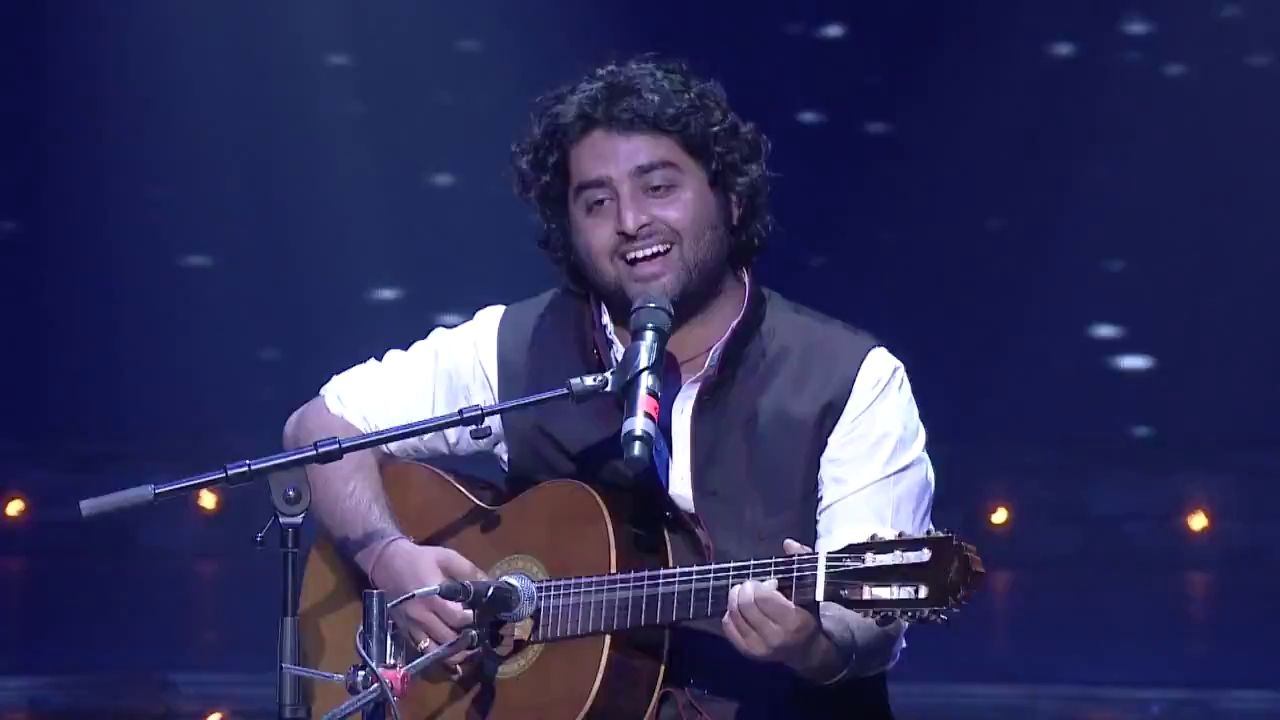
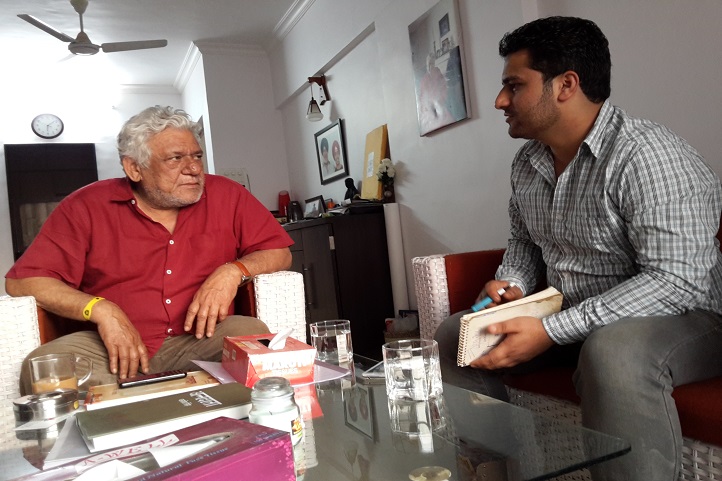
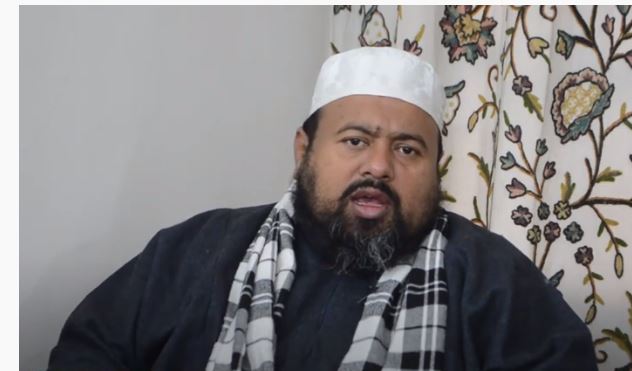
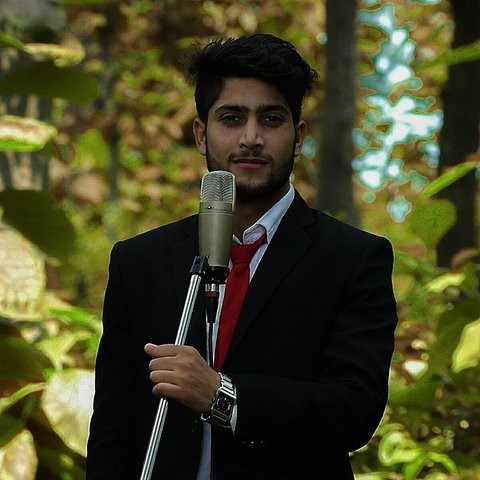
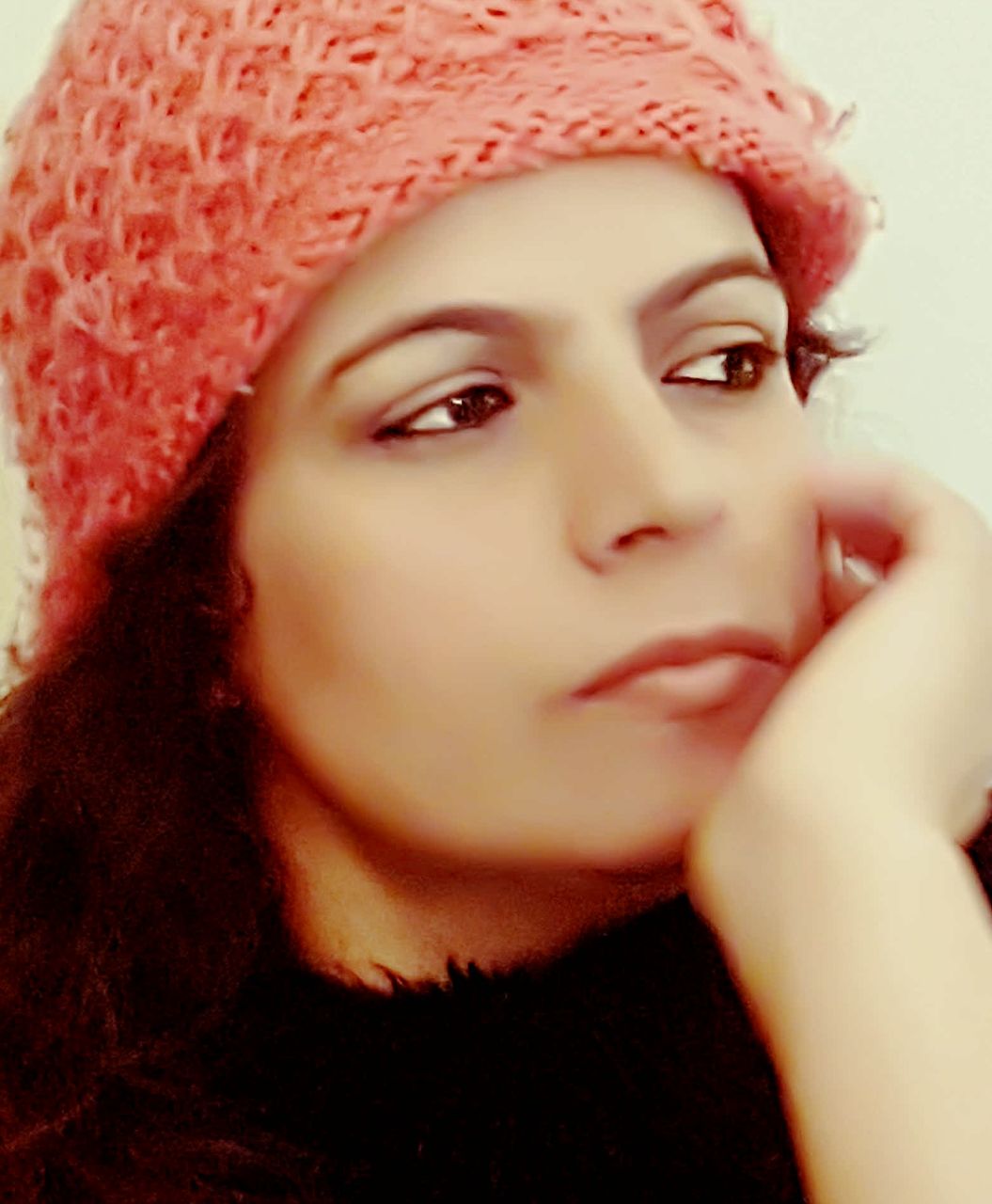
Leave a Reply